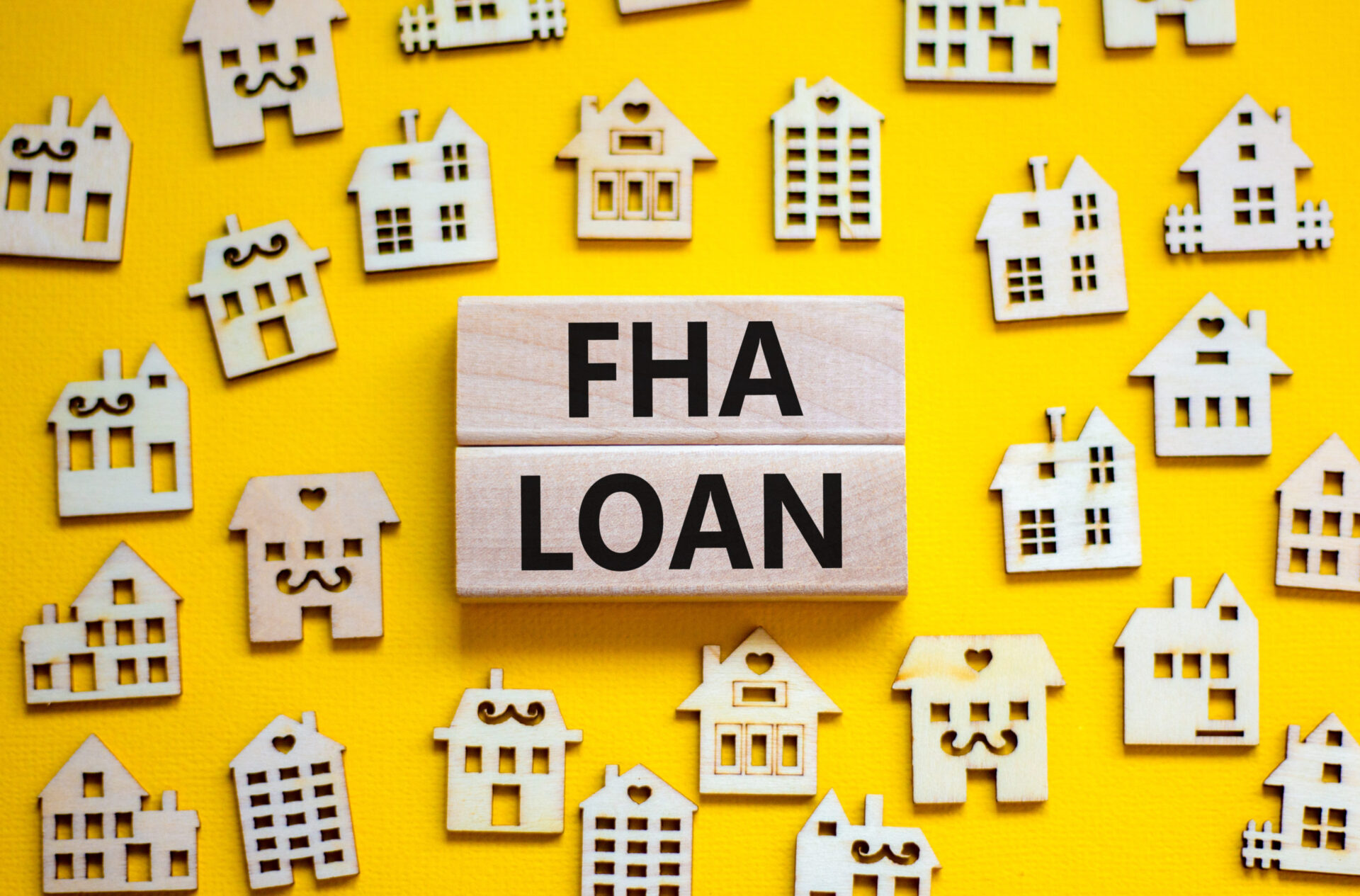The Community Home Lenders of America and National Association of REALTORS sent a letter to the Federal Housing Administration offering advice on the 203(k) loan program.
Section 203(k) insurance enables allows homebuyers to pay for both a house and the cost of its renovation through a single mortgage. It applies to refinances as well, so long as the home is more than a year old and the repairs cost at least $5,000.
Both organizations applauded the program, saying the loans “create an opportunity for low to moderate income and first-time buyers to participate in homeownership by facilitating the financing of homes in need of rehabilitation.”
There are 16 million vacant homes in the U.S., many of which are uninhabitable due to a need for repairs. Vermont, Maine, and Alaska have the highest number of unoccupied houses.
At the same time, 30 million homes have serious health and safety hazards, such as gas leaks, damaged plumbing, and poor heating. Of those, 12 million have either structural problems or lead paint. Most of these homes are located in areas of “concentrated disadvantage,” including poverty and unemployment.
Under 203(k), homeowners could buy or refinance and have these hazards repaired under the same loan.
NAR and CHLA see opportunities for this program to be more beneficial. For example, 203(k) loans require that FHA-approved consultants oversee renovations, but the letter notes that such consultants aren’t readily available in some areas. The organizations suggest that the FHA expand its definition of a qualified consultant to ensure homeowners everywhere can take advantage of the program.
The Limited 203(k) allows the finance of renovations without an FHA-endorsed consultant but at a lower price point. The organizations also recommend that price point be increased as the cost of labor rises.
The letter also notes that Fannie Mae and Freddie Mac loans allow more advanced renovation costs based on estimations and with fewer restrictions. It suggests the 203(k) should follow their lead and make advanced funds available more easily.
“FHA’s restrictions here is one complaint from homebuyers and contractors, and a significant reason why the FHA Standard 203(k) program is not often sought after,” the letter reads.
“Our view is the program will not be compromised if HUD considers amending guidance for such cost advances.”
Both NAR and CHLA believe that tweaking the current rules would provide a greater opportunity for homeownership in the U.S.
“Updating FHA’s 203(k) Rehabilitation Mortgage Insurance is a strong step towards improving the existing housing stock, and ensuring low to moderate income buyers have the opportunity to participate in revitalizing communities nationwide.”
